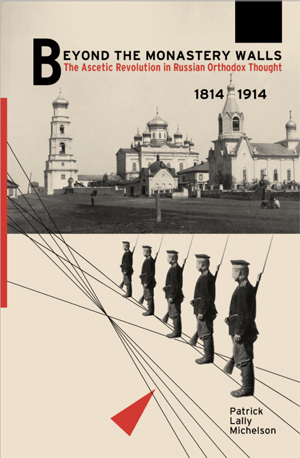During Russia's late imperial period, Orthodox churchmen, professionally trained theologians, and an array of social commentators sought to give meaning to Russian history and its supposed backwardness. Many found that meaning in asceticism. For some, ascetic religiosity prevented Russia from achieving its historical destiny. For others, it was the means by which the Russian people would realize the Kingdom of God, thereby saving Holy Russia and the world from the satanic forces of the West.
Patrick Lally Michelson's intellectual history of asceticism in Russian Orthodox thought traces the development of these competing arguments from the early nineteenth century to the early months of World War I. He demonstrates that this discourse was an imaginative interpretation of lived Orthodoxy, primarily meant to satisfy the ideological needs of Russian thinkers and Orthodox intellectuals as they responded to the socioeconomic, political, and cultural challenges of modernity.

 The College of Arts
The College of Arts